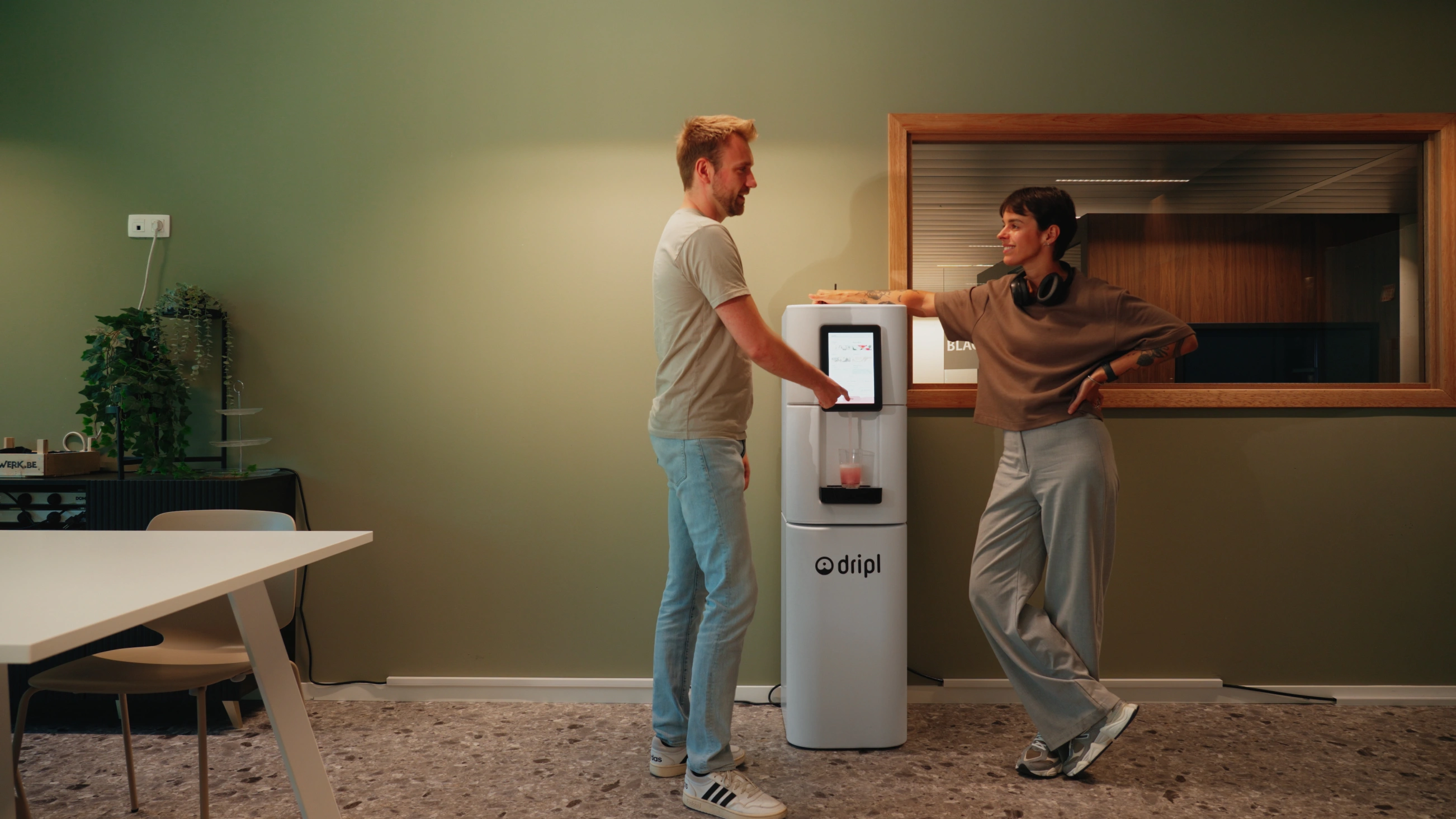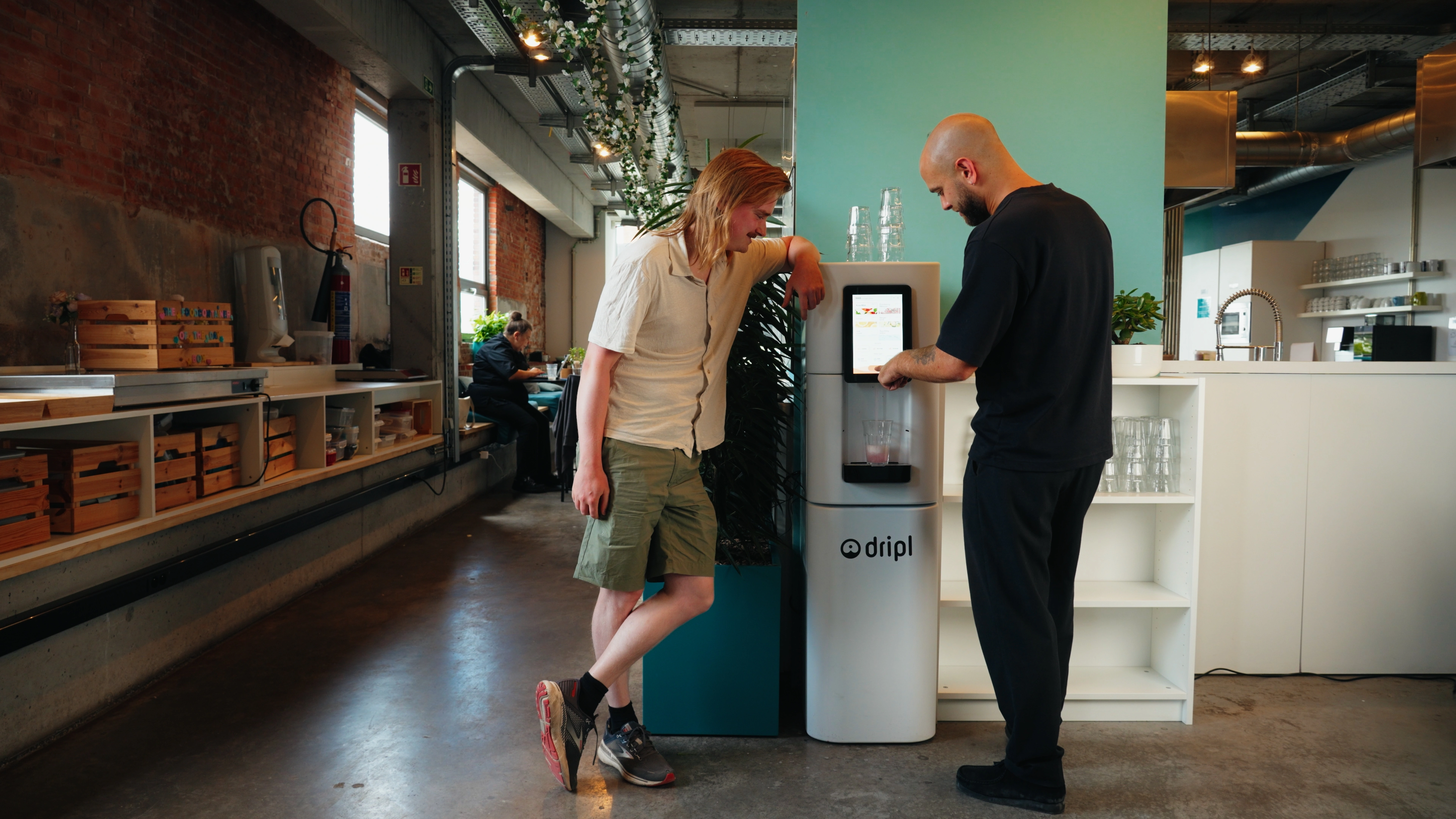All blog posts
Single use in the Netherlands, surprising figures

In today's society, we face an alarming reality: the excessive consumption of single-use plastic and its adverse effects on the environment.
Recently, the European Commission launched SUP regulation to reduce plastic use and waste therefore. Highly necessary, of course. But how bad is the situation in the Netherlands? To create a complete picture, we would like to sum up the current situation for you.
Daily waste
Just imagine: every day, a staggering 19 million single-use plastic cups and food packaging end up in the Dutch landfill. This shocking amount of plastic is not only unsustainable but also has far-reaching consequences for the environment. Fortunately, there is hope for the future, with an ambitious plan to reduce this volume by 40 percent by 2026 through the introduction of the plastic surcharge, deposits, and other regulations.
Every second, 15,000 plastic bottles roll over the counter worldwide . In the Netherlands there are more than 1.5 billion plastic bottles every year . A disturbing figure that needs to be reduced.
A whole pile of trash
Of course, all that plastic creates quite a mountain of waste. In 2020, Dutch households collected a whopping 9.1 million tons of waste, which amounts to a daunting 521 kilograms per person. Fortunately, an ambitious goal has been set to reduce this to just 30 kilograms per person.
The costs of this cannot be ignored, of course. The costs of litter management in the Netherlands are also undeniable, with an annual price tag of 250 million euros, or 15.10 euros per inhabitant. These expenses highlight the need to take effective measures to address the litter problem.
The responsibility of big brands.
It's not just the responsibility of individuals and governments to reduce the use of single-use plastics. Big brands also play a crucial role in this debate. Take Coca-Cola, one of the most common brands in litter. It produces 167,000 plastic bottles per minute worldwide, which paints a stunning picture of the environmental impact of mass consumption. It's time for small businesses like Dripl to take action.
Recycling: a mixed picture
Although the Netherlands leads Europe in plastic waste recycling, with an impressive 45% of plastic collected actually being recycled, there remains much room for improvement. The fact that the majority of plastic collected is still incinerated emphasizes the need to intensify our efforts in this area.
All these figures point to the fact that things can and should be even better. Fortunately, there are also positive trends. In recent years, you're no longer looked at strangely if you skip to the coffee shop with your own reusable bag. This is something that will increasingly appear on the streets with the full SUP regulation now being imposed from the European Union. But we'll be happy to tell you more about that later.
Resources
Deposits - Recycling Network BeNelux
"The Netherlands says goodbye to disposable cups and trays" - Recycling Network Benelux
"Disposable Plastic" - Plastic Soup Foundation
"Biggest increase in household waste in nearly 25 years" - Central Bureau of Statistics
"Plastic, facts and figures." - Plastic Soup Foundation
"Netherlands leader in plastic recycling, but also still burns 45%" - Packagingmanagement.co.uk

In today's society, we face an alarming reality: the excessive consumption of single-use plastic and its adverse effects on the environment.
Recently, the European Commission launched SUP regulation to reduce plastic use and waste therefore. Highly necessary, of course. But how bad is the situation in the Netherlands? To create a complete picture, we would like to sum up the current situation for you.
Daily waste
Just imagine: every day, a staggering 19 million single-use plastic cups and food packaging end up in the Dutch landfill. This shocking amount of plastic is not only unsustainable but also has far-reaching consequences for the environment. Fortunately, there is hope for the future, with an ambitious plan to reduce this volume by 40 percent by 2026 through the introduction of the plastic surcharge, deposits, and other regulations.
Every second, 15,000 plastic bottles roll over the counter worldwide . In the Netherlands there are more than 1.5 billion plastic bottles every year . A disturbing figure that needs to be reduced.
A whole pile of trash
Of course, all that plastic creates quite a mountain of waste. In 2020, Dutch households collected a whopping 9.1 million tons of waste, which amounts to a daunting 521 kilograms per person. Fortunately, an ambitious goal has been set to reduce this to just 30 kilograms per person.
The costs of this cannot be ignored, of course. The costs of litter management in the Netherlands are also undeniable, with an annual price tag of 250 million euros, or 15.10 euros per inhabitant. These expenses highlight the need to take effective measures to address the litter problem.
The responsibility of big brands.
It's not just the responsibility of individuals and governments to reduce the use of single-use plastics. Big brands also play a crucial role in this debate. Take Coca-Cola, one of the most common brands in litter. It produces 167,000 plastic bottles per minute worldwide, which paints a stunning picture of the environmental impact of mass consumption. It's time for small businesses like Dripl to take action.
Recycling: a mixed picture
Although the Netherlands leads Europe in plastic waste recycling, with an impressive 45% of plastic collected actually being recycled, there remains much room for improvement. The fact that the majority of plastic collected is still incinerated emphasizes the need to intensify our efforts in this area.
All these figures point to the fact that things can and should be even better. Fortunately, there are also positive trends. In recent years, you're no longer looked at strangely if you skip to the coffee shop with your own reusable bag. This is something that will increasingly appear on the streets with the full SUP regulation now being imposed from the European Union. But we'll be happy to tell you more about that later.
Resources
Deposits - Recycling Network BeNelux
"The Netherlands says goodbye to disposable cups and trays" - Recycling Network Benelux
"Disposable Plastic" - Plastic Soup Foundation
"Biggest increase in household waste in nearly 25 years" - Central Bureau of Statistics
"Plastic, facts and figures." - Plastic Soup Foundation
"Netherlands leader in plastic recycling, but also still burns 45%" - Packagingmanagement.co.uk
FAQs
Get your free quote
Get your personalised quote today. We’ll get back to you soon.




-min.png)